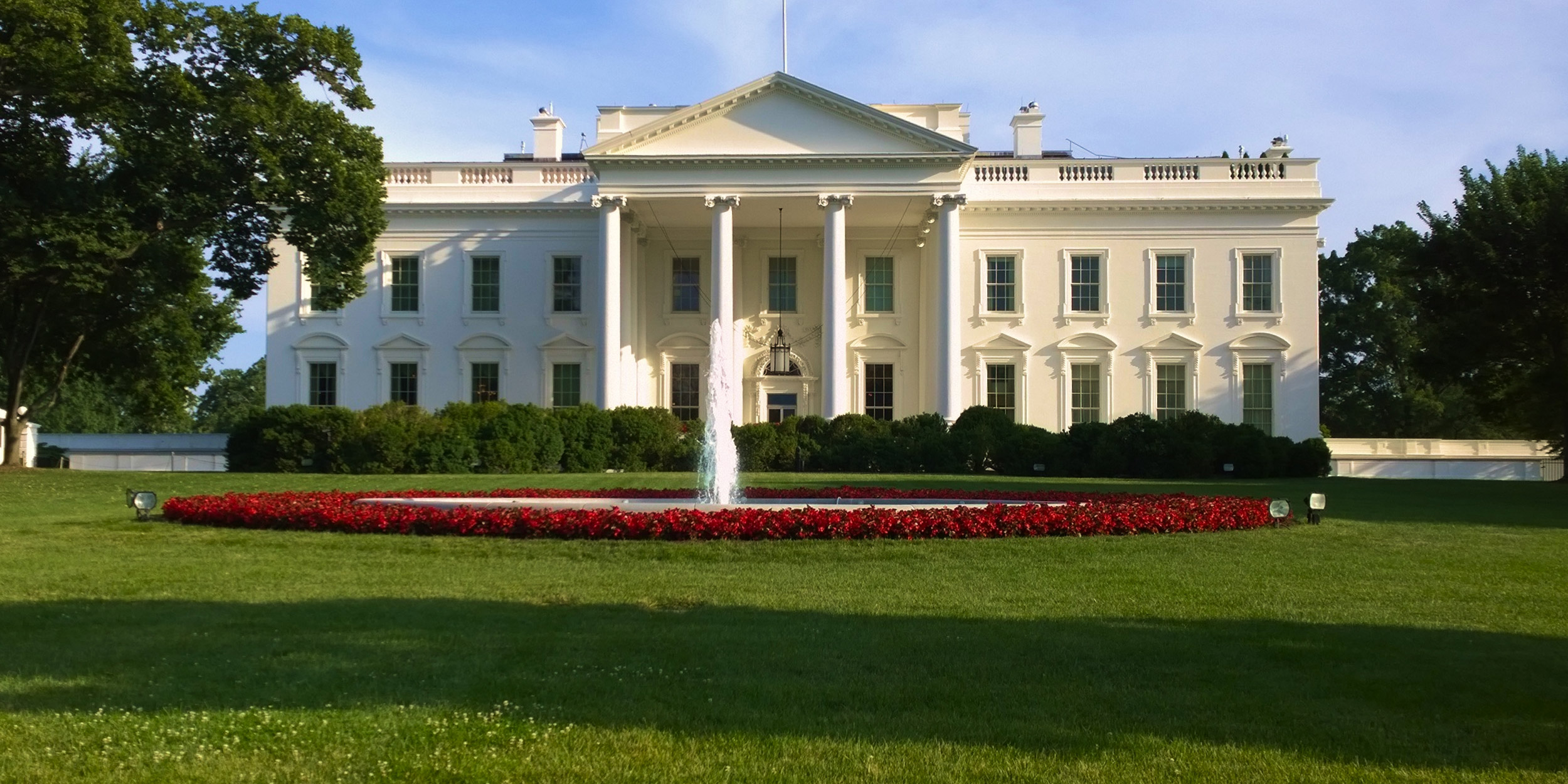White House Backs Senate’s Stablecoin Bill as Congress Moves Toward Regulation
26.03.2025 16:08 2 min. read Alexander Stefanov
Congress is moving forward with two competing stablecoin bills, with the White House signaling support for one over the other.
The Senate is advancing the Guiding and Establishing National Innovation for US Stablecoins (GENIUS) Act, while the House of Representatives is working on the Stablecoin Transparency and Accountability for a Better Ledger Economy (STABLE) Act. Both aim to establish clear regulations for stablecoin issuers, but they take different approaches to oversight and compliance.
The GENIUS Act, introduced by Senator Bill Hagerty, has already passed the Senate Banking Committee and is heading for a full vote. It seeks to create a structured regulatory framework, allowing smaller stablecoin issuers to operate under state-level supervision while maintaining a 1:1 reserve ratio backed by approved assets. This tiered approach is seen as a way to balance financial stability with innovation, a priority for the Trump administration.
In contrast, the STABLE Act, which is progressing through the House Financial Services Committee, takes a stricter stance by subjecting stablecoin issuers to federal banking regulations. It also mandates stringent audits and oversight, mirroring the compliance standards required of traditional financial institutions. While the bill aims to enhance transparency and accountability, some lawmakers argue that its rigid requirements could stifle competition and hinder the growth of the digital asset sector.
Insiders suggest that the White House favors the GENIUS Act due to its flexibility and alignment with the administration’s pro-innovation stance. However, if both bills pass in their respective chambers, a Conference Committee may be needed to merge them into a single version. This process could delay the legislative timeline, potentially pushing stablecoin regulation further down the road. With President Trump urging Congress to act swiftly, the GENIUS Act’s faster progress in the Senate puts it in a strong position to shape the future regulatory landscape for stablecoins.
-
1
U.S. Lawmakers Push Forward with Crypto Regulatory Reform
31.05.2025 15:00 1 min. read -
2
SEC Is Backing Away from Memecoin Regulation – Here’s Why
01.06.2025 15:00 2 min. read -
3
Crypto Industry Pressures SEC for Clear Staking Rules as Dialogue Improves
27.05.2025 11:00 2 min. read -
4
Thailand Looks to Crypto for Tourism Boost and Financial Reform
28.05.2025 10:00 2 min. read -
5
South Korea Elects Pro-Crypto Leadership, Paving Way for Digital Asset Reforms
04.06.2025 22:00 2 min. read
Switzerland Prepares to Join Global Crypto Tax Network by 2026
Switzerland is gearing up to begin automatic crypto asset data sharing with over 70 countries, including all EU member states and the UK, as part of a broader push toward international tax transparency.
EU Eyes DeFi Rules Without Defining What It Is
As the European Union prepares for its next phase of crypto oversight, regulators are turning their attention to decentralized finance (DeFi)—without a clear definition of what decentralization actually means.
Russia Hits Pause on Expanding Crypto Mining Restrictions
In a surprising shift, Russia has shelved plans to widen its crackdown on crypto mining, choosing economic stability over stricter energy controls.
FCA Considers Opening Crypto ETNs to UK Retail Investors
Retail investors in the UK may soon gain access to crypto exchange-traded notes (ETNs), as the Financial Conduct Authority weighs reversing a three-year ban.
-
1
U.S. Lawmakers Push Forward with Crypto Regulatory Reform
31.05.2025 15:00 1 min. read -
2
SEC Is Backing Away from Memecoin Regulation – Here’s Why
01.06.2025 15:00 2 min. read -
3
Crypto Industry Pressures SEC for Clear Staking Rules as Dialogue Improves
27.05.2025 11:00 2 min. read -
4
Thailand Looks to Crypto for Tourism Boost and Financial Reform
28.05.2025 10:00 2 min. read -
5
South Korea Elects Pro-Crypto Leadership, Paving Way for Digital Asset Reforms
04.06.2025 22:00 2 min. read


